Fear and
Anxiety
CAUSES & EFFECTS
OF EMOTIONS

Embarrassment, Shame, and Guilt
Happiness
Fear and Anxiety
Romantic Attraction
Anger
Optimism and Self-Confidence
Stress and Tension
Sadness
Empathy and Compassion
Envy and Jealousy
Surprise and Flexibility
Emotional Self-Awareness
Loneliness
CAUSES & EFFECTS OF EMOTIONS

Fear and Anxiety
Kim Etingoff

Mason Crest

| Mason Crest
450 Parkway Drive, Suite D
Broomall, PA 19008
www.masoncrest.com |
Copyright 2015 by Mason Crest, an imprint of National Highlights, Inc. All rights reserved. No part of this publication may be reproduced or transmitted in any form or by any means, electronic or mechanical, including photocopying, recording, taping, or any information storage and retrieval system, without permission from the publisher.
Printed and bound in the United States of America.
First printing
9 8 7 6 5 4 3 2 1
Series ISBN: 978-1-4222-3067-1
ISBN: 978-1-4222-3073-2
ebook ISBN: 978-1-4222-8766-8
The Library of Congress has cataloged the hardcopy format(s) as follows:
Library of Congress Cataloging-in-Publication Data
Etingoff, Kim.
Fear and anxiety / Kim Etingoff.
pages cm. (Causes & effects of emotions)
Audience: Grade 7 to 8.
Includes index.
ISBN 978-1-4222-3073-2 (hardback) ISBN 978-1-4222-3067-1 (series) ISBN 978-1-4222-8766-8 (ebook) 1. FearJuvenile literature. 2. AnxietyJuvenile literature. I. Title.
BF575.F2E85 2014
152.46dc23
2014004381
CONTENTS
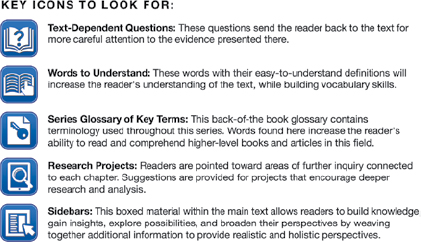
The journey of self-discovery for young adults can be a passage that includes times of introspection as well joyful experiences. It can also be a complicated route filled with confusing road signs and hazards along the way. The choices teens make will have lifelong impacts. From early romantic relationships to complex feelings of anxiousness, loneliness, and compassion, this series of books is designed specifically for young adults, tackling many of the challenges facing them as they navigate the social and emotional world around and within them. Each chapter explores the social emotional pitfalls and triumphs of young adults, using stories in which readers will see themselves reflected.
Adolescents encounter compound issues today in home, school, and community. Many young adults may feel ill equipped to identify and manage the broad range of emotions they experience as their minds and bodies change and grow. They face many adult problems without the knowledge and tools needed to find satisfactory solutions. Where do they fit in? Why are they afraid? Do others feel as lonely and lost as they do? How do they handle the emotions that can engulf them when a friend betrays them or they fail to make the grade? These are all important questions that young adults may face. Young adults need guidance to pilot their way through changing feelings that are influenced by peers, family relationships, and an ever-changing world. They need to know that they share common strengths and pressures with their peers. Realizing they are not alone with their questions can help them develop important attributes of resilience and hope.
The books in this series skillfully capture young peoples everyday, real-life emotional journeys and provides practical and meaningful information that can offer hope to all who read them. It covers topics that teens may be hesitant to discuss with others, giving them a context for their own feelings and relationships. It is an essential tool to help young adults understand themselves and their place in the world around themand a valuable asset for teachers and counselors working to help young people become healthy, confident, and compassionate members of our society.
Cindy Croft, M.A.Ed
Director of the Center for Inclusive Child Care at Concordia University

Words to Understand
 apprehension: Worry or fear about the future.
apprehension: Worry or fear about the future.
threaten: Put in danger.
potentially: Able to become something in the future.
Mya woke up suddenly, even before her alarm went off. She looked at the clock6:58 in the morning. For a minute, she couldnt put all her thoughts together. Then they all came into clear, horrible focus.
Today was the day of Myas big soccer match. Her team was in the finals, and they were set to play one of the best teams in the league. If they won this game, Myas team would win the championship. Today was a big day.
As soon as Mya remembered the game, the vague, uneasy feeling she woke up with changed into a huge pit of pain in her stomach. Maybe she could just stay in bed and say she was sick, Mya thought.
But she forced herself out of bed. She was a forward player, so her job was to score goals. If she didnt score goals, then her team might not win, and everyone would be disappointed. She had to playbut she had been feeling awful for days whenever she thought about the game.
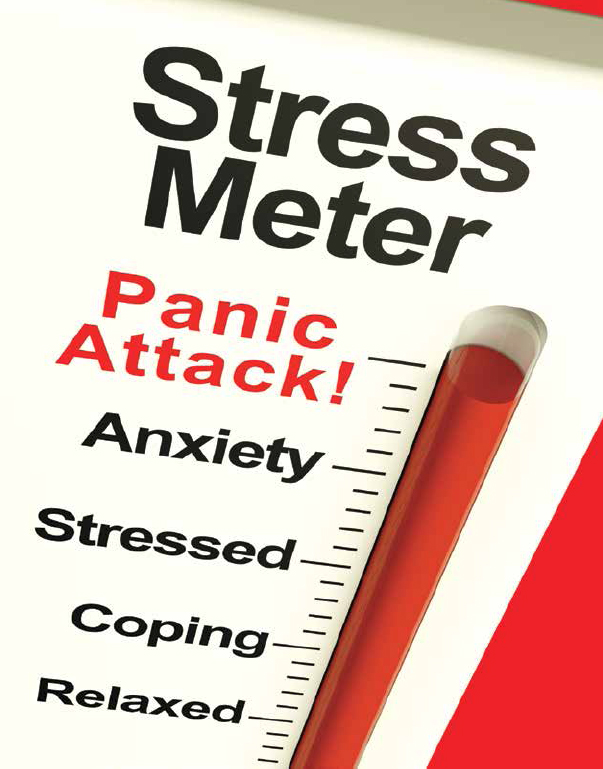
Stress and anxiety often go hand-in-hand, with each making the other emotion seem worse.
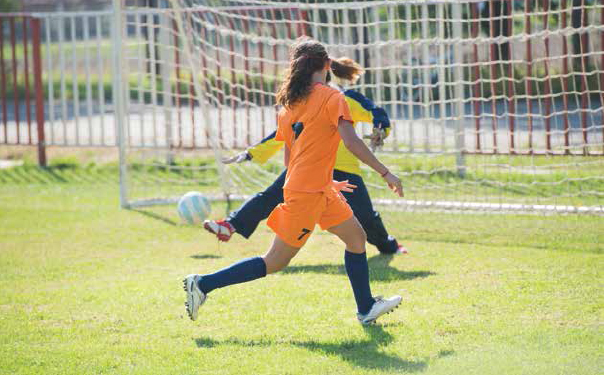
The pressure to play well at a big game is one of the things that might make you feel anxious.
This season, Mya had worked really hard to become a good soccer player. Her family was always pressuring her to be the star player. Her older brother had been an amazing player when he was in school, and the rest of her family wanted Mya to follow in her brothers footsteps. They made her go to extra practices, and whenever her brother came home, he would give Mya endless tips about playing well.
Myas coach also put a lot of pressure on her. As Mya got better and better, the coach pushed her harder and harder. Whenever she missed a goal or showed up to practice a little late, the coach yelled at her. Now all of her teammates were counting on her to score goals too, because she had played so well this year.
The championship game was a little different from a regular game, though. Only a few people watched most of Myas games, mostly parents and friends. There would be hundreds of people at the championship game, some of them traveling from out of town. All of them would be watching Mya and her teammates winor lose.

Feelings of anxiety affect the rest of our bodies as well. A stomachache is a common response to anxiety.

Next page
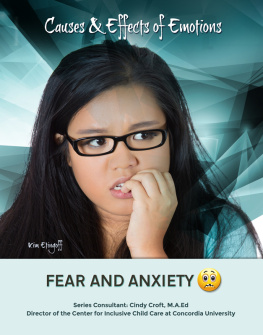

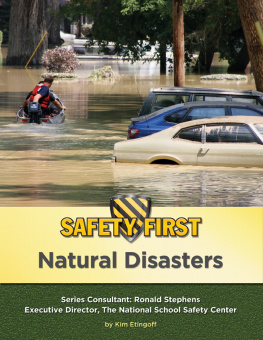
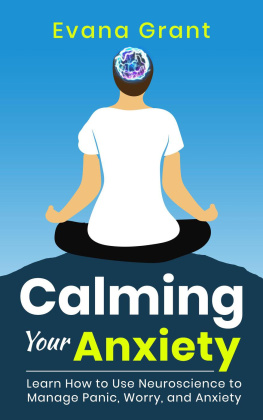
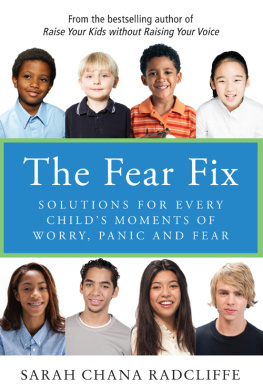
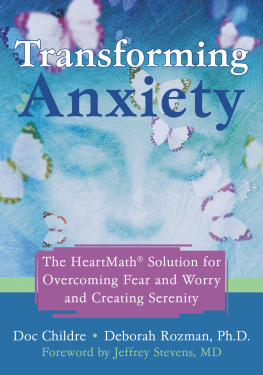


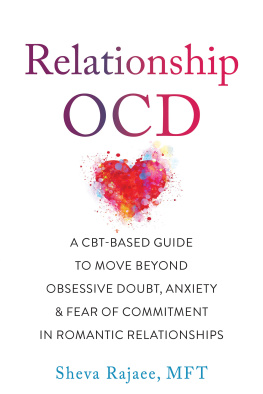
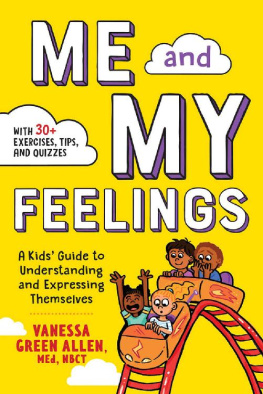
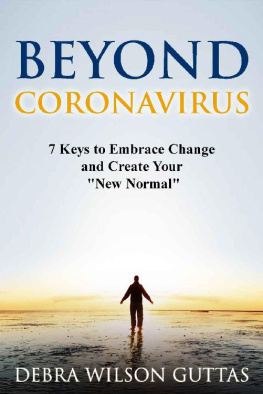
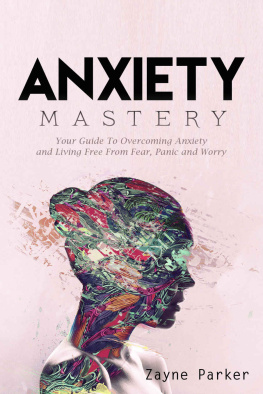






 apprehension: Worry or fear about the future.
apprehension: Worry or fear about the future.


